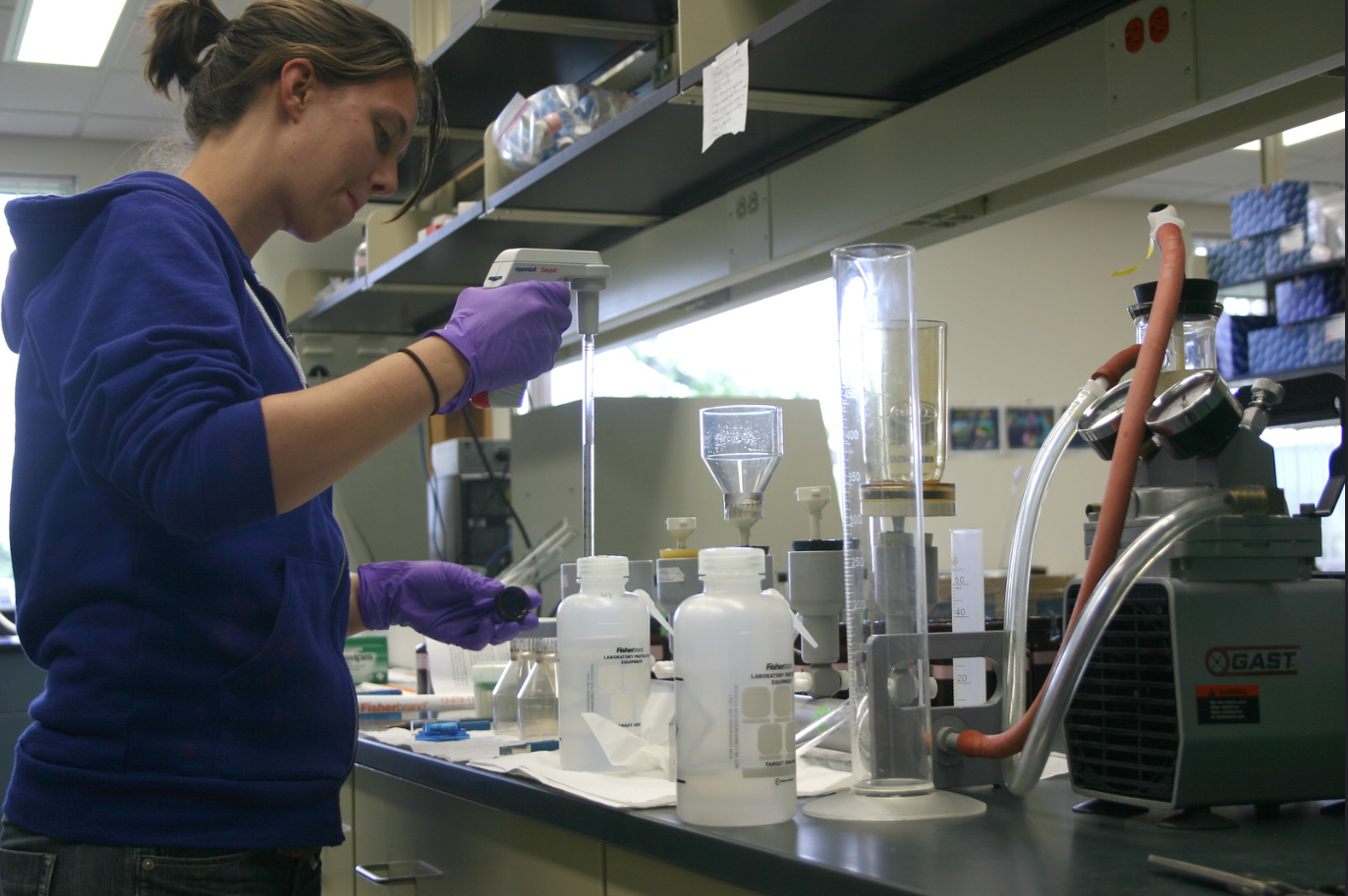Serious errors plague DNA tool that’s a workhorse of biology
By Katherine Bourzac,
Nature
| 07. 10. 2024
Image by NOAA Great Lakes Environmental Research from Flickr
Laboratory-made plasmids, a workhorse of modern biology, have problems. Researchers performed a systematic assessment of the circular DNA structures by analysing more than 2,500 plasmids produced in labs and sent to a company that provides services such as packaging the structures inside viruses so they can be used as gene therapies. The team found that nearly half of the plasmids had design flaws, including errors in sequences crucial to expressing a therapeutic gene. The researchers posted their findings to the preprint server bioRxiv last month ahead of peer review1.
The study shines a light on “a lack of knowledge” about how to do proper quality control on plasmids in the lab, says Hiroyuki Nakai, a geneticist at Oregon Health & Science University in Portland who was not involved in the work. He was already aware of problems with lab-made plasmids, but was surprised by the frequency of errors...
Related Articles
By Diaa Hadid and Shweta Desai, NPR | 01.29.2026
MUMBRA, India — The afternoon sun shines on the woman in a commuter-town café, highlighting her almond-shaped eyes and pale skin, a look often sought after by couples who need an egg to have a baby.
"I have good eggs,"...
By George Janes, BioNews | 01.12.2026
A heart attack patient has become the first person to be treated in a clinical trial of an experimental gene therapy, which aims to strengthen blood vessels after coronary bypass surgery.
Coronary artery bypass surgery is performed to treat...
By Staff, ScienceDaily | 01.05.2026
Scientists at UNSW Sydney have developed a new form of CRISPR technology that could make gene therapy safer while also resolving a decades-long debate about how genes are switched off. The research shows that small chemical markers attached to DNA
...
Following a long-standing CGS tradition, we present a selection of our favorite Biopolitical Times posts of the past year.
In 2025, we published up to four posts every month, written by 12 authors (staff, consultants and allies), some in collaboration and one simply credited to CGS.
These titles are presented in chronological order, except for three In Memoriam notices, which follow. Many more posts that are worth your time can be found in the archive. Scroll down and “VIEW...




